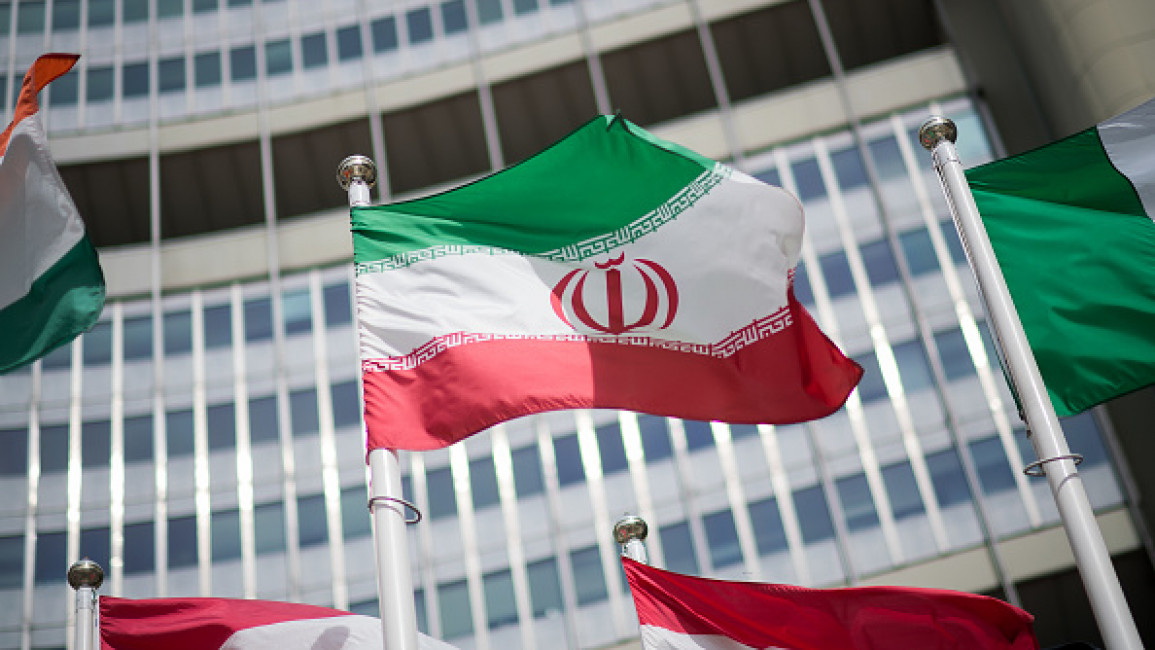US resolution supports Israel's 'freedom of action' to prevent nuclear Iran
A US House resolution introduced last week declares that it is not acceptable for Iran to have a nuclear weapon, and to recognise and support the "freedom of action" of regional allies, including Israel, "to prevent Iran from obtaining a nuclear weapon."
The statement also says that all means necessary should be used to prevent Iran from obtaining a nuclear weapon.
This resolution, which was introduced by Representative Michael McCaul of Texas, comes as the US administration is working on a memorandum of understanding with Iran to prevent it from surpassing 60 uranium enrichment. Its reference to supporting Israeli action on Iran could be a sign of growing pressure on US President Joe Biden as he tries to conclude this MOU with Iran.
"Biden is getting close to a memorandum of understanding with Iran. This could be the beginning of the pushback," James Devine, associate professor of politics and international relations at Mount Allison University, told The New Arab.
Despite its strong wording, Devine sees this resolution as something largely symbolic that does not affect US policy in the Middle East. It does, however, signal a delicate moment wherein Biden has limited time to strike an agreement, which he appears to be careful in not referring to as a deal.
"It's interesting the way Biden is doing it because he's not signing a treaty. They want a deal without saying it's a deal. He's trying to avoid anything that will force him to go to Congress. It's lower profile, which is better for Biden," said Devine.
The renegotiations of the 2015 Joint Comprehensive Plan of Action, commonly known as the Iran nuclear deal, which began in Vienna in April 2021, have essentially been on pause since the outbreak of the women's rights demonstrations in September. For the past several months, the Biden administration has been trying to come to a similar agreement that would prevent Iran from reaching full uranium enrichment.
Before that, when former President Donald Trump withdrew from the JCPOA in 2018, Iran had not yet reached 20 percent uranium, the amount experts say is needed to get on track for the momentum for full enrichment. It is now believed to be at a much higher level, which has reportedly raised enough concern in the Biden administration to remain committed to an agreement.
"There's a growing understanding that Iran wants to build a bomb," said Devine, adding that they're not far off. "All you can do is push back a little."
Moreover, he believes, this agreement is seen as important for the Biden administration at a time when Iran is, in some ways, moving out of the isolation that the US has worked to impose on it since the 1979 Islamic Revolution.
"Iran is starting to wiggle out of isolation," he said, noting its rapprochement with Saudi Arabia and China's growing involvement in the region.
Referring to the new House resolution, Devine said, "The statement we're looking at signals that the US and Congress are supportive of Israel and that the US isn't abandoning Israel. The story is more of an indicator of broader trends taking place."



